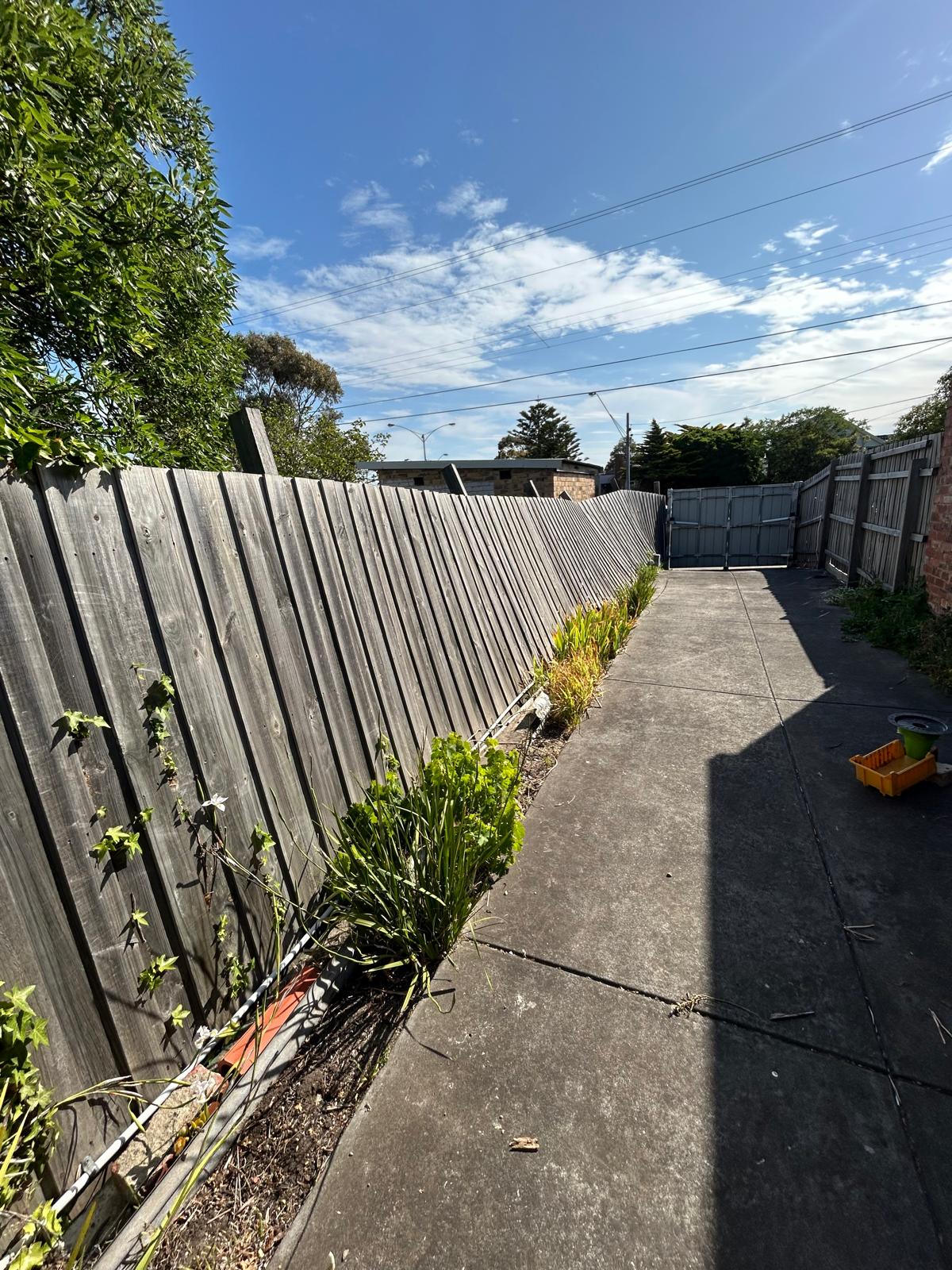How to Settle Fencing Disputes in Victoria

There’s no shortage of stories of neighbours feuding over their boundary fence. Some think they’re petty, but these “petty” arguments end up with spending tens of thousands in legal fees and, more importantly, a verdict that frustrates one side. The judge may have made that decision, but it doesn’t always mean both parties are happy with it.
Unfortunately, Grays Fences & Gates isn’t a law firm specialising in fencing disputes (not to mention our name doesn’t sound like one). However, we can offer some helpful tips on how to resolve such conflicts. Please note that all the information discussed in this piece doesn’t constitute legal advice, so always consult a lawyer for relevant needs.
Rights Under the Fences Act 1968
Back in September, we produced an exhaustive piece on Victoria’s Fences Act 1968 and the updates introduced under the Fences Amendment Act 2014. You can read the whole post here, but here’s a summary of key rights under this state law:
| Equal Responsibility
You and your neighbour are equally liable for the design, construction, and repair or maintenance of a sufficient dividing fence, as defined by the Act. |
Shared Cost
You and your neighbour equally contribute to the cost of constructing and maintaining the sufficient dividing fence, as defined by the Act. |
Urgent Works
If the fence sustained severe damage and must be fixed immediately, you can do urgent fence work without waiting for the neighbour’s response. |
| 30-Day Waiver
If the neighbour doesn’t respond to your request for fence work after 30 days, you can go ahead with the work without waiting for their reply. |
Informed Consent
If the neighbour proposes a dividing fence or wants to repair or alter the current one, you have the right to request full details on the fencing project. |
Legal Arbitration
Disagreements regarding the two parties’ roles in building and maintaining the fence can be brought before the Magistrates Court for arbitration. |
As per the 2014 amendments, only legally registered owners of their respective properties or people empowered by another Act to do so can engage in work involving dividing fences. In short, if your name is declared the owner on the title, you’re a legal party.
Talking It Over with Your Neighbour

It’s easy to choose the legal option when dialogue with your neighbour doesn’t seem to work. The problem is that the Magistrates Court is still dealing with a massive backlog of cases, including tens of thousands of criminal cases. Adding a fencing dispute to the pile strains Victoria’s justice system, and it’s anyone’s guess when it’ll be finally heard.
If there’s an opportunity to help ease the Court’s burden and save on legal fees, it’s best to take it. The Dispute Settlement Centre of Victoria (DSCV) says proper dialogue with your neighbour – whether or not you had any past interaction with them – is a crucial first step in resolving fence disputes. You need their consent if you want them to contribute.
- Do It Face to Face
Discussing the issue in person helps establish trust between both parties. Phone calls and live chat may be more convenient, but nothing can be more transparent than being a witness to the other party’s words and actions.Set a time and place that works for both of you. Never assume that inaction on the neighbour’s part suggests a lack of interest, as they may be busy with something or going through a rough patch. Instead, put yourself in their shoes and think of a way to start the conversation you need.
- Set Aside Your Differences
Settling a fencing dispute is no place to settle other issues, if any. At the very least, try to set aside your differences with your neighbour in the meantime. If you two can come to a mutual understanding ahead of time, that’s even better.Depending on who’s more at fault for these non-fence issues, acknowledging and apologising for your actions are in both parties’ best interests. Make an effort to stay calm and collected during the dialogue, even if the other side is getting increasingly irate. Unlike bushfires, you can’t fight cussing with even more cussing.
- Don’t Forget to Issue a Fencing Notice
A Fencing Notice is a key document for fencing work involving boundary or dividing fences. It contains information like the boundary where the fence will run, the type of work to be done, and each party’s share of the costs.In most cases, neighbours forego the Fencing Notice and just agree on the quote for the fencing work. However, the DSCV says this document is required for arbitrating fencing disputes under the Fences Act. Without one, the settlement will be limited to conventional contract law, which is a whole new can of worms.
Mediation: If Dialogue Fails
Mediation is the next step when dialogue between the parties doesn’t work out as planned. As the term implies, it entails dialogue between the parties but this time with an accredited mediator as an official witness. Naturally, the mediator has no stake in the fencing dispute other than an interest in seeing it resolved before it goes to court.
Fencing disputes fall under residential tenancy matters, meaning they fall under the scope of two organisations: DSCV and the Victoria Civil and Administrative Tribunal (VCAT). Due to high demand, DSCV currently only manages referrals from VCAT, so the latter is the first step in settling via mediation.
Keep in mind that VCAT may charge you a fee for using their services, starting with applying your dispute for mediation. On the other hand, DSCV’s mediation services are free.
If neither organisation can resolve the dispute, they may refer your case to an independent mediation service. That said, such professionals may charge a premium for their services.
Legal Arbitration as a Last Resort
Despite these out-of-court options, arbitration in a court of law is still inevitable for many fencing disputes. In this case, the local magistrate will decide the specifics of the fencing agreement based on law. The magistrate’s verdict is the final say on the matter.
While this option may appear encompassing, it actually isn’t. For starters, the magistrate is only obligated to settle issues related to points of law like shared responsibilities and cost contributions. As such, there’s no guarantee that the court order will possess the outcome you’re expecting.
Keep up with the latest from Grays Fences & Gates
Subscribe to our blog and get latest news, inspiration, and resources delivered directly to your inbox.


